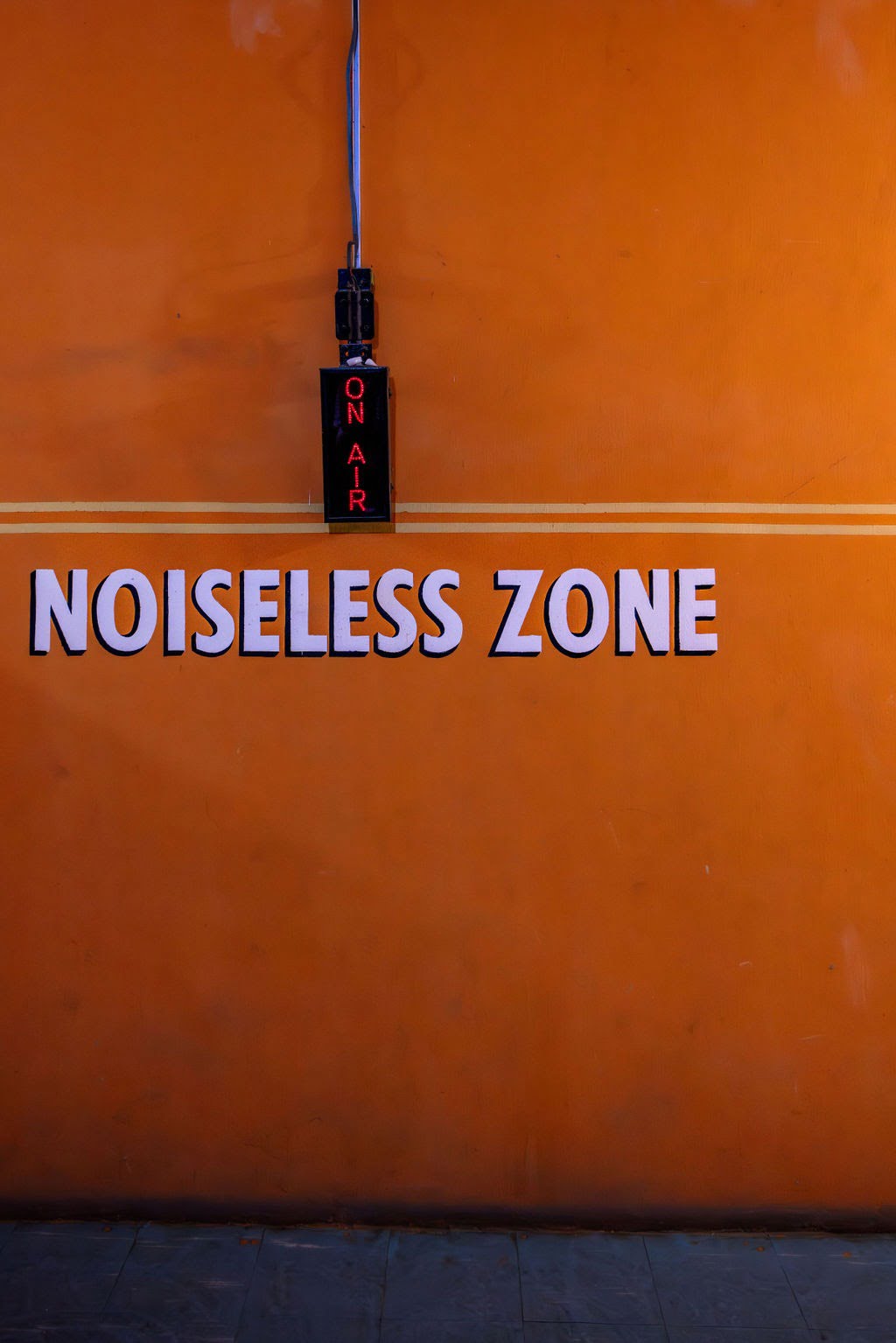When last we left our intrepid adventurers (as was often said in the golden age of U.S. radio serials), Jim Hulse and his non-profit ministry, Towers for Jesus, had partnered with Vision Africa to take on the herculean task of constructing a radio tower that would increase the reach of the LOVE 104.1FM signal from a population of 1 million to a population of 22 million! Three years of gala fundraising and more years of work and prayer had brought the ministry to this critical tipping point, and it was finally time to take on the challenges of building a 500-foot tower of technology in a remote Nigerian village.
As a first step, Jim went to Umuahia for four days to assess the radio station, the surrounding topography, and the unique needs and challenges of both. Upon his return to the U.S., his careful research, notes, interviews, and sketches became the basis of his design of a tower unique to the station. For many months, he worked on the exact specifications of the tower with no compensation at all from Vision Africa. That work (and much to come) was the gift of Towers for Jesus.
Next came the task of gathering all the parts and tools and materials needed for the construction, and then making arrangements for them to be shipped to Nigeria, accepted at the port, and trucked to the site. As there were no nearby hotels, and the construction needed to continue throughout all the daylight hours, volunteers needed to live on-site so that valuable time would not be wasted on long commutes and expensive transportation. Thus, Jim arranged for a huge circus tent to be brought as a staging and living area, some smaller tents for sleeping and privacy, lumber and mattresses for beds, and facilities and arrangements for cooking, showering, refrigeration, and bathrooms as well as all the transmission technology. Farmland adjacent to the station was rented to host this impromptu village. So intricate were the details of the project, that it was the radio equivalent of a NASA moon mission.
Finally, everything was gathered and loaded into containers for the long trip to Africa. Jim and seven volunteers made travel arrangements to be in Umuahia at the estimated time of arrival of the trucks loaded with equipment. The men arrived on time. The equipment did not. For two weeks, the volunteers stayed in the closest hotel, staring anxiously down the road and praying to hear the rumble of vehicles. Seas were rough, and the weather was poor during the voyage of the container ship. When it finally arrived in port, customs and politics held up the shipment even further. When it was finally released, it took three large trucks to transport all the materials, and the transfer was handled somewhat carelessly, but finally the trucks began making their laborious way over the rutted roads. But then, disaster struck.
Only 30 minutes from arriving, one of the trucks burst into flames. By the time the fire was extinguished, the heavy wire needed to hold up the tower had been damaged beyond repair. It would never safely keep the tower in place long-term. Upon discovering the damage, Jim immediately began the search for replacement wire. Unfortunately, any wire locally available was made to different specifications, so none of the clamps and tools for Jim’s design would work with the non-U.S. wire. Jim contacted acting VA Executive Director Natalie Jones, and a frantic search for replacement wire began. Initial quotes to replace and ship the wire were astronomical, so intense prayers went up on two continents while Natalie spent long hours of work sourcing new materials.
Meanwhile, when the other trucks were unloaded in Umuahia–already two weeks behind schedule—the volunteers were disheartened to find that the tents and living equipment were in poor condition. All the tents had to be cleaned of dirt and mold, rust had to be removed from the refrigerator, and much more prep work had to be done before the living area could be set up, losing more valuable time. Nevertheless, the volunteers worked tirelessly and quickly to get everything organized. The heavy trucks also rutted and damaged the valuable farmland, and that also required labor-intensive repair.
All the volunteers had left full-time jobs and families to work on the tower’s construction, and their available time in Nigeria was limited to six weeks. Now the project was far behind schedule and the builders were living in rough conditions without the wire necessary to hold the tower in place. It would take a miracle to build the tower in the allotted time. Fortunately, we serve a God in the miracle business.
Follow Part 3 of this amazing story next month to see what God had in store.

